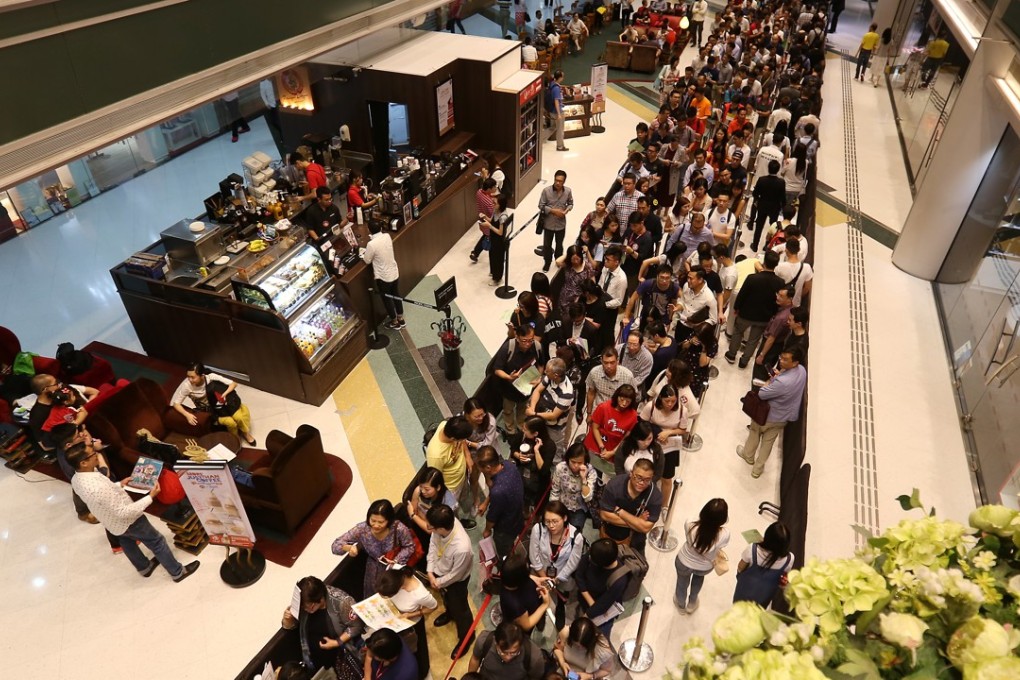
Property prices boosted by lack of consensus
Hong Kong is one of the least affordable cities in the world, and has been named the most expensive housing market for the eighth year in a row.
Hong Kong was the only Asian city in the top 10 on the latest annual Demographia International Housing Affordability Survey, covering 293 metropolitan property markets across nine countries, released last month.
The median price of a home in Hong Kong was listed as 19.4 times the median annual pre-tax household income, up from 18.1 times a year ago.
There can be several reasons for the phenomenon of soaring property prices in Hong Kong. One is the shortage of land amid mostly hilly terrain, which, the government says, has made widespread residential development difficult. Second, our stable economy and solid legal foundation make investors from all over the world keen to put their money into our real estate market.